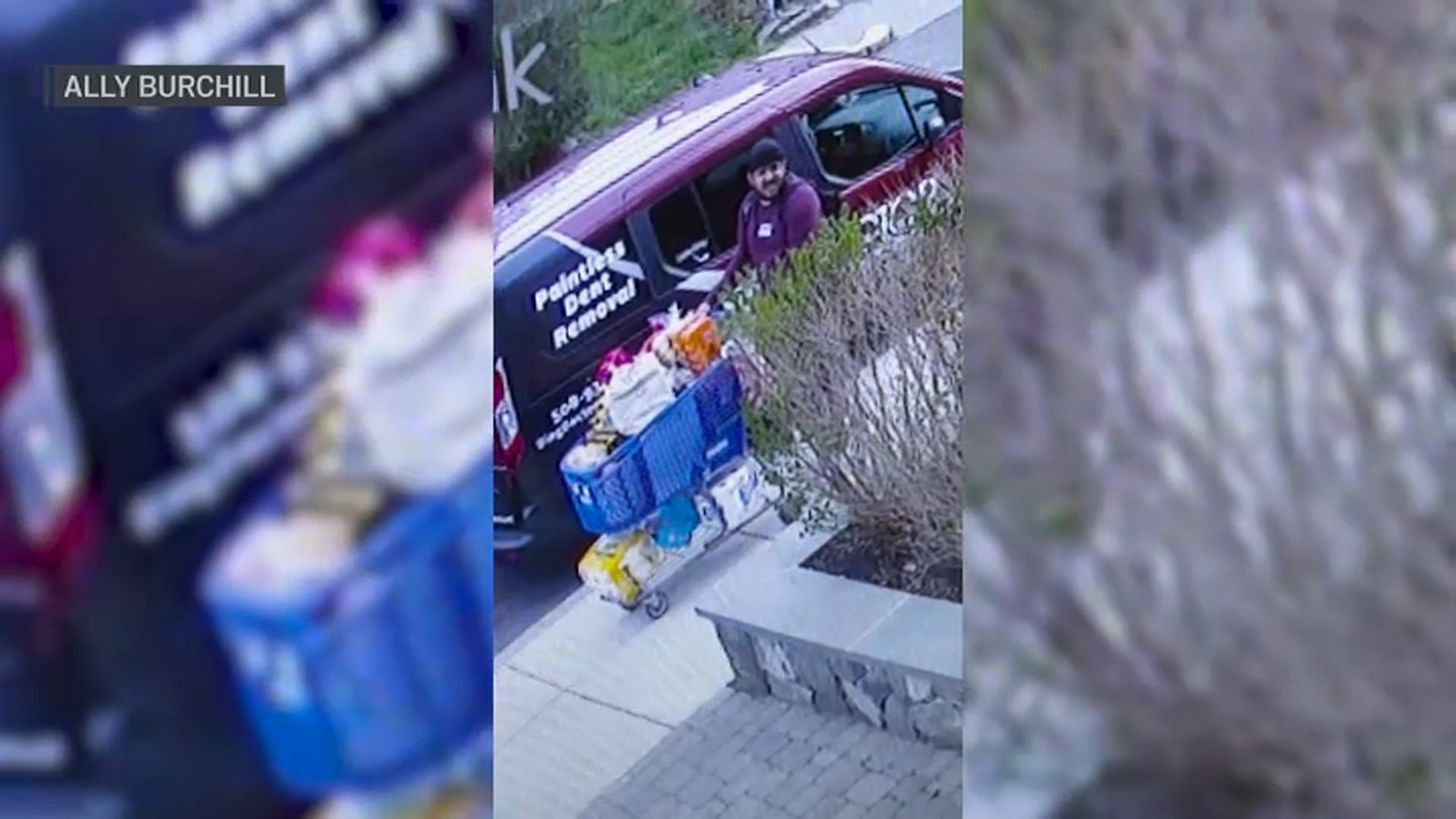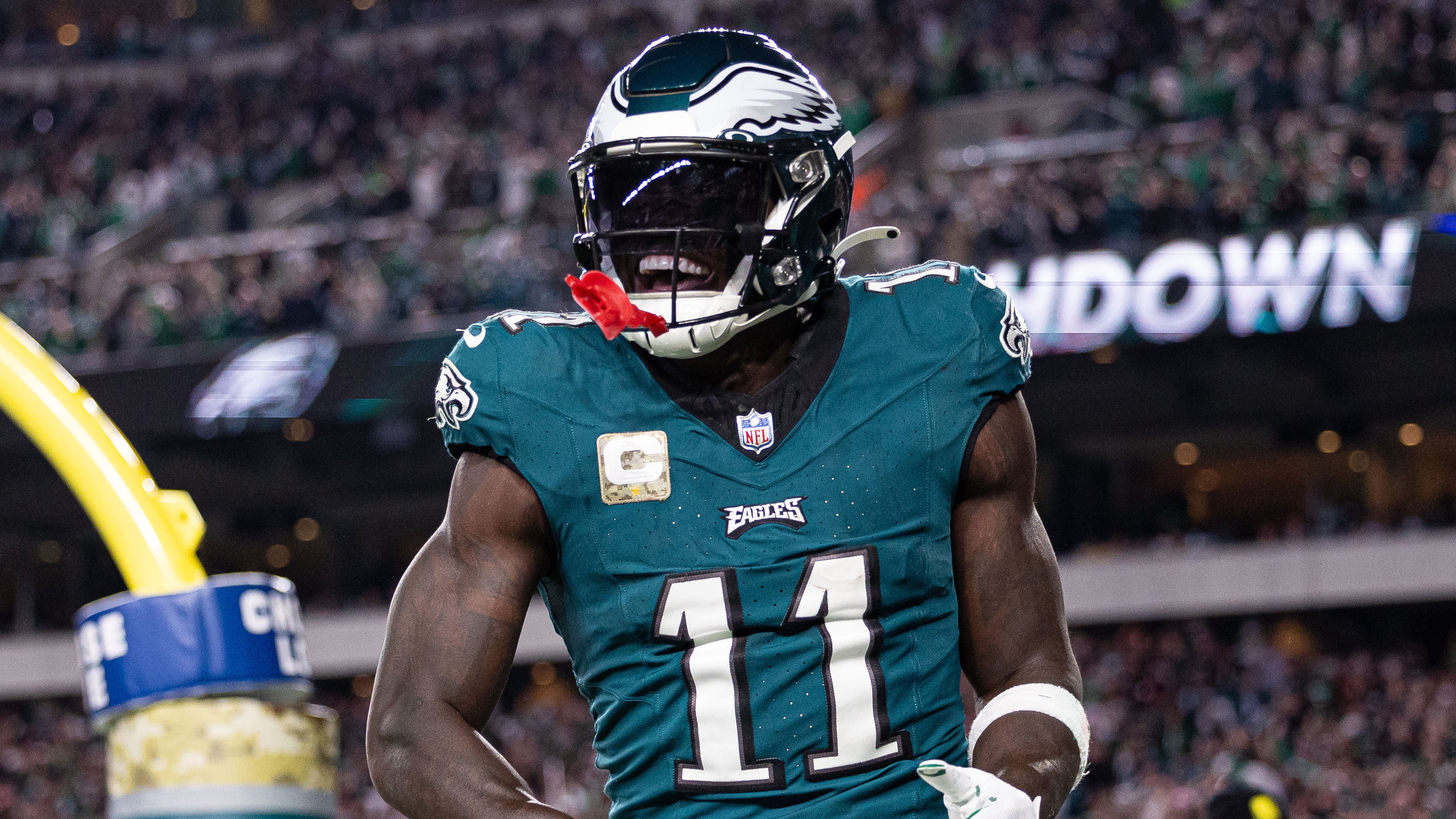What to Know
- The price of a one-way Charlie card has increased by 15 cents to $2.40, and the cost of a monthly LinkPass has increased as well.
- Boston Mayor Marty Walsh is among critics of the move following recent derailments on the Green and Red Lines, calling it unjust.
- MBTA officials expect the hike to bring in nearly $30 million of new revenue, which they say would help keep the deficit down.
A fare hike for the MBTA took effect Monday, angering critics who say the move is unfair in light of recent mechanical problems that caused major delays.
Subway commuters will have to pay $2.40 for a one-way Charlie card, an increase of 15 cents. The price for a monthly LinkPass has increased to $90, an increase of $5.50.
"I think it's kind of absurd that we have to pay a little bit more and not know why we're paying even more," rider Kevin Milien said.
Others are okay with the change.
"I'm totally fine with that. I think it's totally reasonable," rider Johnathan Cohen said.
The fare hike comes after a Green Line train and a Red Line train derailed in separate incidents within a month. Red Line repairs are expected to be complete around Labor Day.
"It makes everybody late. But they want to charge us more? It's unbelievable," Cambridge resident Tim Santos said.
Some fares will remain the same. This includes local bus one-way fare, local bus monthly pass, reduced one-way fares for local bus and subways, as well as reduced monthly passes for youth, student, senior and TAP.
Plans to move forward with the added prices did not sit well with some and demonstrators protested on Sunday at the Boston Common to voice their opposition.
Several city politicians joined in the movement.
"We need to stick together and put pressure on the state to make sure we are adequately investing in our communities," Somerville Mayor Joseph Curtatone said on Sunday.
"We are at a crisis in Massachusetts when it comes to public transit — it's not just that the T is falling apart. It's that it's driving people into cars, and traffic is getting worse by the day," Boston City Councilor Michelle Wu said.
Local
In-depth news coverage of the Greater Boston Area.
"I've been hearing over and over again today that folks are losing out on a lot with the service — the unreliability and having to pay more."
The fare hike is here to stay, but Wu believes there are things that can be done in the meantime to improve the transit system, including fully funding the MBTA and adding members to the Governing Board who will advocate for riders.
"There are so many of us — so many riders, so many people affected by transit who care about this issue — that if we just spoke up and kind of dug in, everyone would have to listen," Wu said.
Boston Mayor Marty Walsh is among the critics called the fare hike unjust. Following the Red Line's derailment, Walsh said the service should not have increased prices as crews continue to work on the Red Line. He tweeted on Monday that Boston needs a space on the MBTA's board in order to fight for residents.
Gov. Charlie Baker said Monday that he went to the JFK station to see the damage from the Red Line derailment firsthand. While there, Baker met with workers who he says are working overtime to fix the issues.
Baker says his visit showed him that it's an old and complicated system and that the systems that need to be fixed sit right next to the tracks. His conclusion — workers will need to find more time on the tracks.
The increased prices were proposed in January and approved in March after the Massachusetts Bay Transportation Authority's Fiscal and Management Control Board voted to boost fares at an average of 6%.
"It's definitely a budget pinch. Every time you have to pay that $0.15 it adds up," rider Sarah Franklin said.
MBTA officials expect to bring in nearly $30 million of new revenue, which they say would help keep the deficit down.



